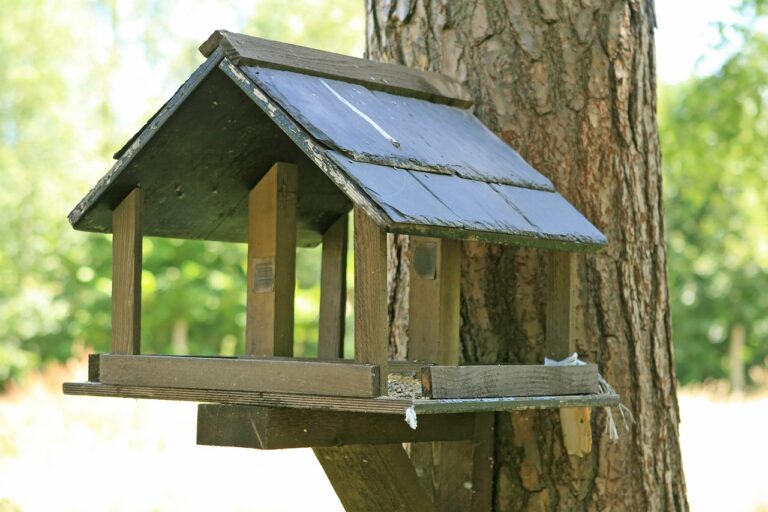Understanding Home Roof Solar Panel Systems
laser book 247, silverexchange, 11xplay pro: When it comes to renewable energy sources for powering your home, solar panels are becoming an increasingly popular option. Home roof solar panel systems can help you save money on your energy bills while reducing your carbon footprint. But how do these systems work, and what do you need to know before deciding to install one on your roof? In this article, we will break down everything you need to know about understanding home roof solar panel systems.
Advantages of Home Roof Solar Panel Systems
Before diving into the technical details of how home roof solar panel systems work, let’s first discuss the advantages of installing solar panels on your roof.
1. Lower Energy Bills: One of the most significant benefits of home roof solar panel systems is the potential for lower energy bills. By generating your electricity from the sun, you can reduce or even eliminate your reliance on traditional utility companies.
2. Environmental Impact: Solar panels are a clean and renewable energy source, meaning they produce no greenhouse gas emissions. By using solar power, you can significantly reduce your carbon footprint and help combat climate change.
3. Increase Property Value: Solar panels are a valuable addition to your home and can increase its resale value. Many homebuyers are willing to pay more for a home with solar panels already installed, making it a smart investment in the long run.
4. Government Incentives: In many areas, there are government incentives and rebates available for homeowners who install solar panels. These incentives can help offset the initial cost of installation, making solar power even more affordable.
How Do Home Roof Solar Panel Systems Work?
Now that we’ve covered the benefits of home roof solar panel systems let’s dive into how these systems work.
1. Solar Panels: Solar panels are made up of photovoltaic cells that convert sunlight into electricity. These panels are typically installed on your roof, where they can capture the most sunlight throughout the day.
2. Inverter: The electricity generated by the solar panels is in the form of direct current (DC) power. An inverter is used to convert this DC power into alternating current (AC) power, which is the type of electricity used in your home.
3. Net Metering: Any excess electricity generated by your solar panels can be fed back into the grid through a process called net metering. This allows you to earn credits on your utility bill for the surplus energy you produce.
4. Battery Storage: Some homeowners choose to install battery storage systems along with their solar panels. These batteries can store excess energy generated during the day for use at night or during periods of low sunlight.
5. Monitoring System: Many home roof solar panel systems come with a monitoring system that allows you to track your energy production and usage in real-time. This can help you optimize your energy consumption and maximize your savings.
6. Backup Generator: In some cases, homeowners may choose to install a backup generator to supplement their solar panels during periods of low sunlight or power outages. This ensures that you always have a reliable source of electricity.
Installation and Maintenance
Installing a home roof solar panel system is a significant investment, but the process is relatively straightforward. Here are some key steps involved in the installation and maintenance of solar panels:
1. Consultation and Design: The first step is to consult with a solar panel installation company to assess your home’s energy needs and design a system that meets your requirements. This includes evaluating your roof’s orientation, angle, and available space for solar panels.
2. Permitting and Approval: Before installing solar panels on your roof, you will need to obtain the necessary permits and approvals from your local government and utility company. This ensures that your system meets all safety and building code regulations.
3. Installation: Once all permits are in place, the installation company will begin mounting the solar panels on your roof and connecting them to the inverter and electrical system. The installation process typically takes a few days to complete.
4. Inspection and Activation: After installation, your system will need to be inspected by a professional to ensure it meets all safety and performance standards. Once approved, your solar panels can be activated and start generating electricity.
5. Maintenance: Home roof solar panel systems require minimal maintenance, but it’s essential to keep them clean and free of debris to ensure optimal performance. Regular inspections and cleaning can help prolong the lifespan of your solar panels.
FAQs
Q: How much do home roof solar panel systems cost?
A: The cost of a home roof solar panel system can vary depending on factors such as the size of the system, the quality of the panels, and the complexity of the installation. On average, homeowners can expect to pay between $15,000 and $25,000 for a complete solar panel system.
Q: How long do solar panels last?
A: Most solar panels come with a warranty of 25 years, but they can last much longer with proper maintenance. The average lifespan of solar panels is around 25-30 years, during which time they can continue generating electricity for your home.
Q: Will solar panels work on my roof?
A: Solar panels can be installed on most types of roofs, including shingle, metal, and tile roofs. However, the best type of roof for solar panels is one that is south-facing with minimal shading throughout the day. A professional solar panel installation company can assess your roof’s suitability for solar panels.
Q: How much money can I save with solar panels?
A: The amount of money you can save with solar panels depends on factors such as your energy usage, the size of your system, and local electricity rates. On average, homeowners can save between $10,000 and $30,000 over the lifespan of their solar panels.
Q: Are there tax incentives for installing solar panels?
A: Yes, there are several tax incentives available for homeowners who install solar panels, including the Federal Investment Tax Credit (ITC) which allows you to deduct a percentage of the cost of installing solar panels from your federal taxes.
In conclusion, home roof solar panel systems are an excellent investment for homeowners looking to save money on their energy bills and reduce their environmental impact. By understanding how these systems work and the installation process involved, you can make an informed decision about whether solar panels are right for your home. If you’re considering installing solar panels, consult with a professional solar panel installation company to assess your home’s suitability and get started on the path to clean, renewable energy.







